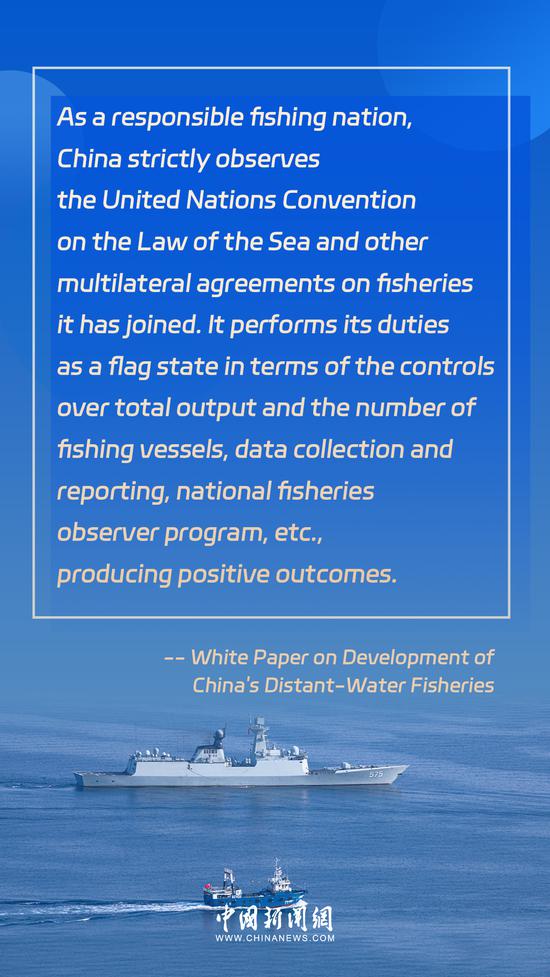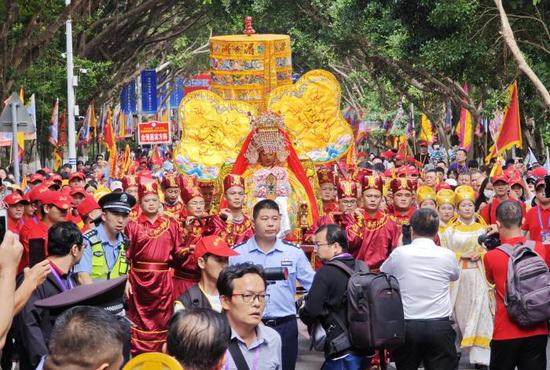China's six most popular social media platforms as of Monday required the accounts of content creators, or influencers, with more than 500,000 or 1 million followers, to show their real names or the names of their financial backers on their profile pages.
The social media platforms are WeChat, Sina Weibo, video-sharing platforms Douyin and Kuaishou, YouTube-like Bilibili, and lifestyle-sharing platform Xiaohongshu (Little Red Book).
Content creators are individuals or organizations that create, publish and distribute content independently through social media platforms.
All social media platforms in China require users to register by inputting personal or institutional verified ID information, but there hasn't been a requirement for users to display their real names publicly.
In a statement issued on Monday evening, WeChat announced that it is implementing the policy to "enhance the credibility" of content creator accounts and "facilitate public supervision for the public interest".
According to the statement, individual WeChat accounts with more than 500,000 followers will display the registered individual's real name on their account profile. For those accounts with the same amount of fans, registered by organizations, the enterprise or organization names will be displayed publicly.
WeChat added that it encourages content creators to express themselves "truthfully" and provide users with "better quality and reliable content".
According to latest public data, WeChat has nearly 1.33 billion monthly active users as of June and is the widest used social media application in China.
Xiaohongshu and Bilibili also announced that accounts with over 500,000 followers on their platforms will be required to display real names on their account profiles.
The two largest video-sharing platforms in China, Douyin and Kuaishou, as well as Weibo have issued similar decisions.
Weibo will soon guide content creator accounts with over 1 million followers in professional fields such as current affairs, military, finance, law and healthcare to provide real-name information. This will be gradually expanded to content creator accounts with over 500,000 followers in related fields, with front-end real-name display occurring only with user consent. Regular users and accounts primarily focused on sharing personal daily life content will not be affected by front-end real-name display, according to a statement issued by Weibo.
The prominent content creators, due to their significant social influence, wield a much greater power over public opinion when discussing hot social topics than ordinary users. The implementation of real-name registration in the foreground is precisely aimed at urging these creators to shoulder a level of responsibility commensurate with their influential discourse, the statement said.
Douyin said it will only display the real names of individuals and enterprises and will not actively disclose other account information.
At the same time, Douyin will establish a dedicated system for anti-cyber violence protection, "promptly and preferentially" handle complaints and reports, and take measures such as warnings and account suspension against accounts involved in cyber violence, it said.
All six platforms emphasized that accounts' click rate and business income will be restricted if they don't comply with the regulations.


















































 京公网安备 11010202009201号
京公网安备 11010202009201号